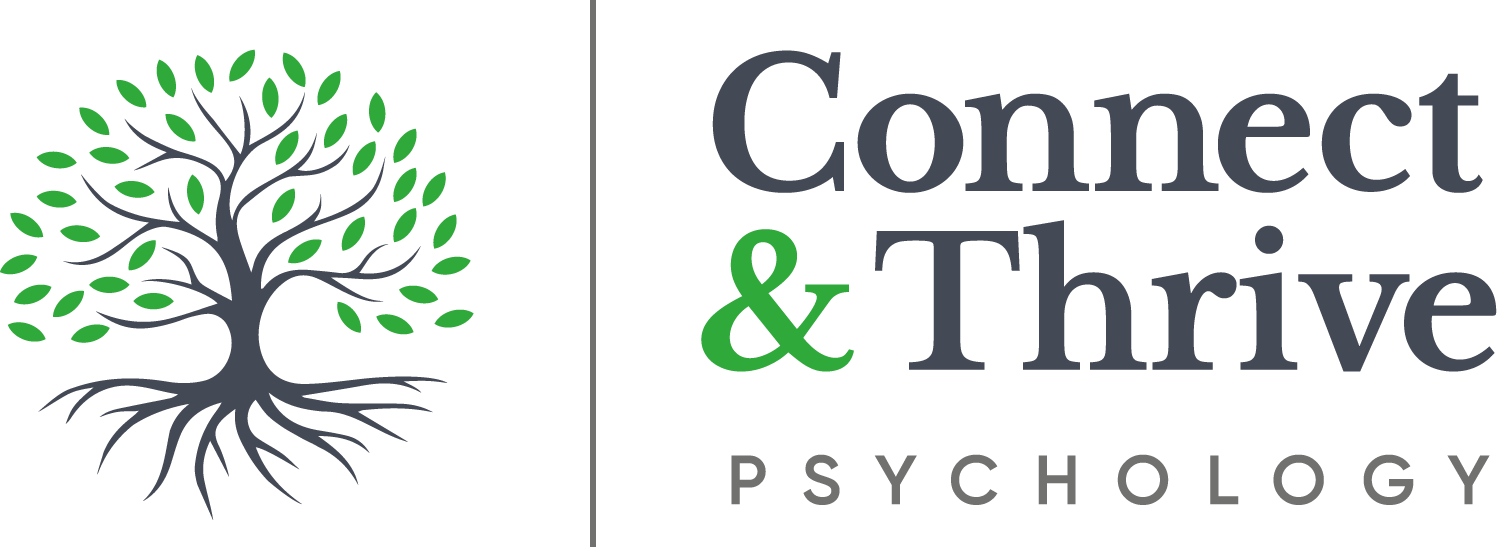Get to know us

Justin Dubé, Ph.D., C.Psych.
Clinical Psychologist (Supervised Practice)
he/him/they
Dr. Justin Dubé is a Clinical Psychologist in supervised practice working under the supervision of Dr. Natalie Michel, C.Psych. at Connect and Thrive Psychology.
Dr. Dubé supports adults & couples.



Training & Experience
Client Goals & Concerns
Dr. Dubé works with clients with a broad range of goals and concerns, including:
- Anxiety (e.g., generalized anxiety and worry, social anxiety, specific phobias)
- Obsessive-compulsive disorder (OCD)
- Trauma and posttraumatic stress disorder (PTSD)
- Depression and low mood
- Attention-deficit / hyperactivity disorder (ADHD)
- Self-esteem and self-worth
- Relationship distress
- Interpersonal effectiveness
- Problems with emotion regulation
- Nicotine dependence
- Insomnia
Dr. Dubé also has specialized training in providing evidenced based care to Military Veterans, including Integrative Behavioral Couple Therapy (IBCT) for relationship distress and Prolonged Exposure (PE) for PTSD.
Therapeutic Style
Dr. Dubé works from a non-judgemental, collaborative, and person-centered stance, organizing interventions according to a client’s unique context, readiness to change, and life goals. His approach to treatment is rooted in cognitive-behavioral and behavioral frameworks. He uses strategies from Dialectical Behavior Therapy (DBT), Acceptance and Commitment Therapy (ACT) and Motivational Interviewing (MI) to facilitate meaningful and lasting change for his clients. Importantly, Dr. Dubé appreciates that change is hard. Therapy–– facing fears, trying new behaviours and learning alternate coping skills––can often feel uncomfortable. He also believes that we hold values and aspirations that help to motivate us when the going gets tough. So, to make the hard work of therapy worthwhile, Dr. Dubé collaborates with each client to uncover their values and what makes their unique life meaningful. He then works alongside his clients to identify and overcome barriers to living their meaningful lives.
Treatment Approaches
- Cognitive Behavioural Therapy (CBT)
- Exposure and Response Prevention (ERP)
- Prolonged Exposure (PE)
- Cognitive Processing Therapy (CPT)
- Written Exposure Therapy (WET) for PTSD
- Cognitive Behavioral Therapy for Insomnia (CBTi)
- Motivational interviewing (MI)
- Dialectical Behavior Therapy (DBT)
- Acceptance-Based Interventions
- Integrative Behavioral Couple Therapy (IBCT)
